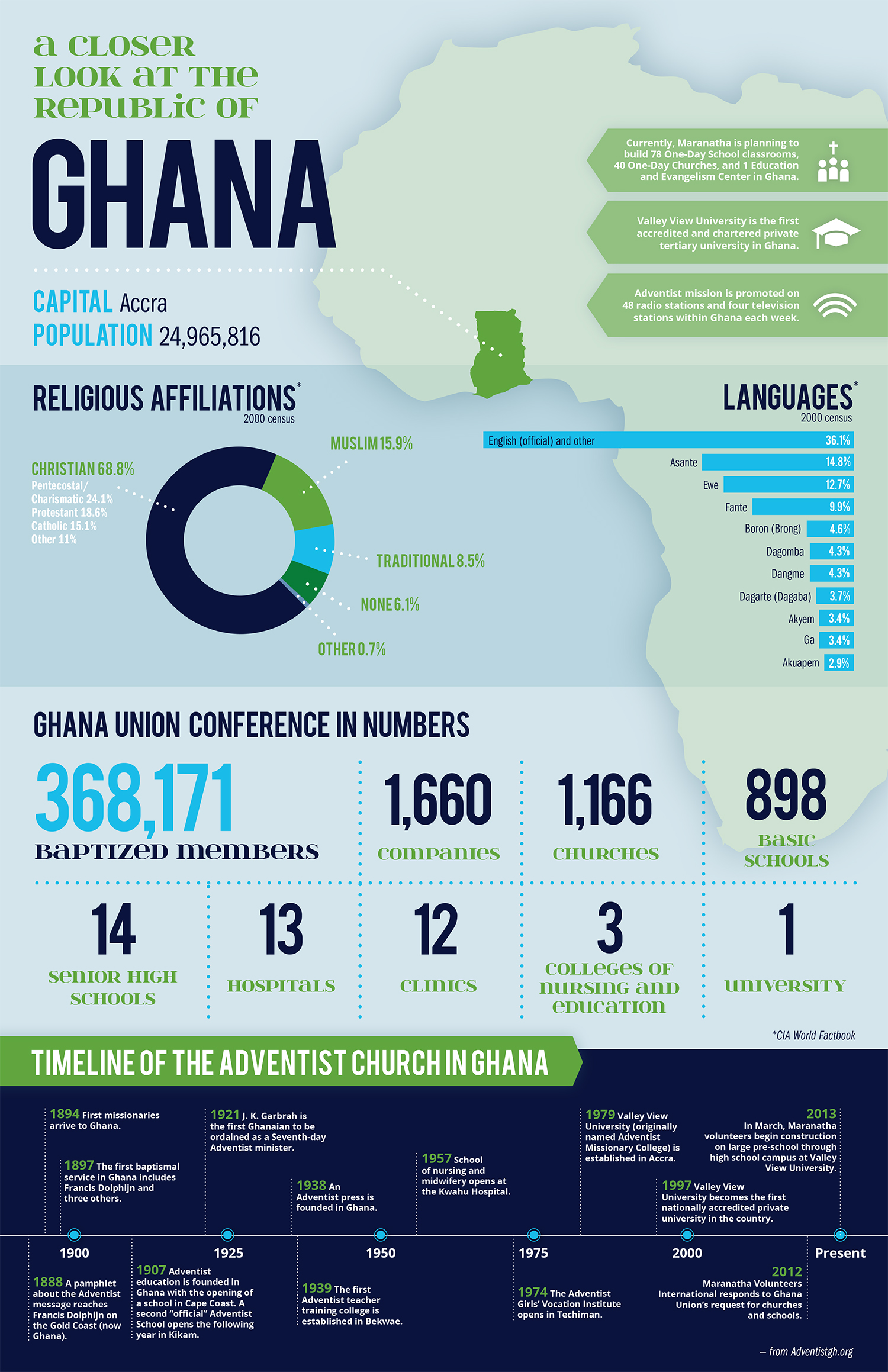Catholic Education And Learning And Social Justice: Educating For A Promising Tomorrow
Catholic Education And Learning And Social Justice: Educating For A Promising Tomorrow
Blog Article
Write-Up Written By-Bengtsson Sosa
In Catholic education and learning, you're not simply learning facts; you're being formed as a person committed to social justice. https://universe.byu.edu/2021/03/09/how-to-select-a-minor-in-college/ encourages you to identify the self-respect of every individual and to advocate for those that are frequently unheard. By integrating these values into your educational program, you're positioned to make a real impact. Yet exactly how exactly does this education and learning convert into purposeful action in your neighborhood? The response might shock you.
The Foundations of Catholic Education and Social Justice
As you discover the structures of Catholic education and learning and social justice, you'll find that these 2 ideas are deeply intertwined.
Catholic education stresses the integral self-respect of every person, rooted in the idea that all are developed in God's photo. This viewpoint cultivates a feeling of neighborhood and responsibility toward others.
It encourages you to identify social injustices and respond with empathy and activity. The teachings of Jesus Christ motivate you to advocate for the marginalized and prone, strengthening the idea that education and learning isn't just about academic success; it's about creating a just society.
Integrating Social Justice Into the Curriculum
Integrating social justice into the curriculum changes education and learning into a powerful tool for change. You'll encourage trainees to think critically regarding societal issues, cultivating empathy and a feeling of obligation.
By weaving social justice motifs into subjects like background, literary works, and scientific research, you develop an even more appropriate and appealing knowing experience. Talking about real-world issues aids trainees link their researches to the community, inspiring them to act.
Incorporating diverse viewpoints enhances discussions and grows understanding among peers. Projects and joint tasks can encourage students to explore solutions to regional and international difficulties.
Eventually, this assimilation not only strengthens their understanding yet also shapes thoughtful individuals prepared to advocate for justice and equity in society.
Neighborhood Interaction and Solution Opportunities
Involving with the community with solution possibilities boosts the lessons found out in the classroom. When https://zenwriting.net/giuseppe30nathaniel/the-payment-of-catholic-education-to-personality-and-academic-excellence join neighborhood campaigns, you'll experience firsthand the impact of social justice principles. https://telegra.ph/Many-Individuals-Wonder-About-Exactly-How-Catholic-Education-Facilitates-Extensive-Advancement-Yet-The-Real-Effect-On-Pupils-Liv-06-15 at food banks, shelters, or area clean-ups allows you to use your expertise and worths outside institution walls.
It cultivates a feeling of duty and empathy, attaching your education to real-world problems. Moreover, these experiences aid you construct connections within your area, enriching your understanding of varied viewpoints.
You'll uncover the relevance of cooperation and synergy while working together with peers and area members. By committing your time and abilities to solution, you'll not just expand directly yet also add to producing a just and compassionate society.
Final thought
In conclusion, Catholic education and learning empowers you to accept social justice and promote a feeling of neighborhood obligation. By incorporating these values into your discovering and participating in service opportunities, you'll create important thinking and concern. This trip not just forms you as an individual but likewise equips you to be a leader devoted to developing an extra simply and fair culture. With each other, allow's dedicate to developing a far better tomorrow for every person.
